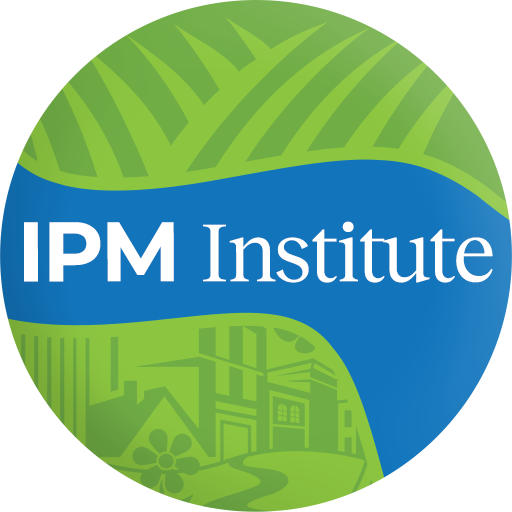We are proud to work alongside our long-term client Honeybear Brands to establish, track, integrate, and report on goals in four key sustainability areas: climate, food loss, packaging and pollinators. Through this partnership, Honeybear Brands is committed to driving meaningful, transparent change that contributes to a healthier planet.
Challenge
Originally a small family orchard established in the 1970s, Honeybear Brands has grown into one of North America’s leading developers, growers and suppliers of premium apple varieties. While the company’s headquarters remain on the same plot of land in Elgin, Minnesota, its operations now span four U.S. states, as well as growing regions in Canada and Chile. Throughout its growth, Honeybear Brands has remained committed to acting as good stewards of the land for future generations.
Our partnership with Honeybear Brands began over a decade ago with the creation of TruEarth, a certification program promoting sustainable farming practices on apple orchards including advanced Integrated Pest Management, water conservation and reduced ecosystem impact. While TruEarth has successfully advanced sustainability at the grower level, Honeybear Brands recognized the need to expand their sustainability program to address broader sector challenges and sought to take an industry-leading role.
Building on TruEarth’s success, Honeybear Brands expanded its focus beyond farm-level practices to include packaging innovations, energy efficiency, climate impact mitigation and pollinator health – critical sustainability priorities shaping the future of apple production.
Our Role
In 2019, Sustainable Food Group expanded its partnership with Honeybear Brands to further their sustainability efforts, identifying four key areas: climate change mitigation, pollinator health, food loss and waste and sustainable packaging. After mapping Honeybear’s value-chain impacts and opportunities, we worked together to set the following goals:
- Establish 50 acres of pollinator habitat on source orchards by 2025.
- Provide plastic-free alternatives to all branded packaging products by 2025 and eliminate plastic in branded packaging by 2030.
- Achieve zero food loss (to landfill) from farm to retail by 2025.
- Source 100% of electricity used at Honeybear Brand facilities from renewable energy sources by 2025.
Don Roper, Vice President of Sales and Marketing at Honeybear Brands, emphasized the company’s commitment, stating, “Our goals are aggressive, but we believe it’s our responsibility to be stewards of the land. It’s important to act now, and we hope to inspire others to set and achieve their sustainability goals too.”
With a clear roadmap in place, we are now actively collecting and analyzing data to measure progress and report on these sustainability commitments annually.
The Outcome
Setting sustainability goals is one way for companies to drive positive social, environmental and economic impacts. These goals provide direction, distill complex sustainability challenges, and drive innovation. They also enhance a company’s reputation and strengthen consumer trust, particularly through transparent annual reporting.
To advance its pollinator conservation initiatives, Honeybear Brands launched the Adopt-an-Acre program in 2020, which enables retailers to fund pollinator habitat on orchards they are sourcing from. CUB was the first company to join the program, helping fund 35.2 acres of pollinator habitat installations on seven of Honeybear Brands’ source orchards to date. This initiative helps growers plant, establish, and maintain pollinator habitat, which is essential for producing high-quality fruit.
In 2022, Honeybear Brands successfully met its goal of offering plastic-free alternatives for all branded packaging products by 2025 and remains committed to eliminating plastic from all branded packaging by 2030. By the end of 2023, 87% of the energy used in Honeybear Brands facilities came from renewable sources, with both Minnesota facilities operating on 100% renewable energy since 2020. For more details on these and other sustainability initiatives, explore our latest sustainability report.
We look forward to continuing our partnership with Honeybear Brands, supporting their sustainability journey and helping them adapt to evolving challenges.
Annual reports


